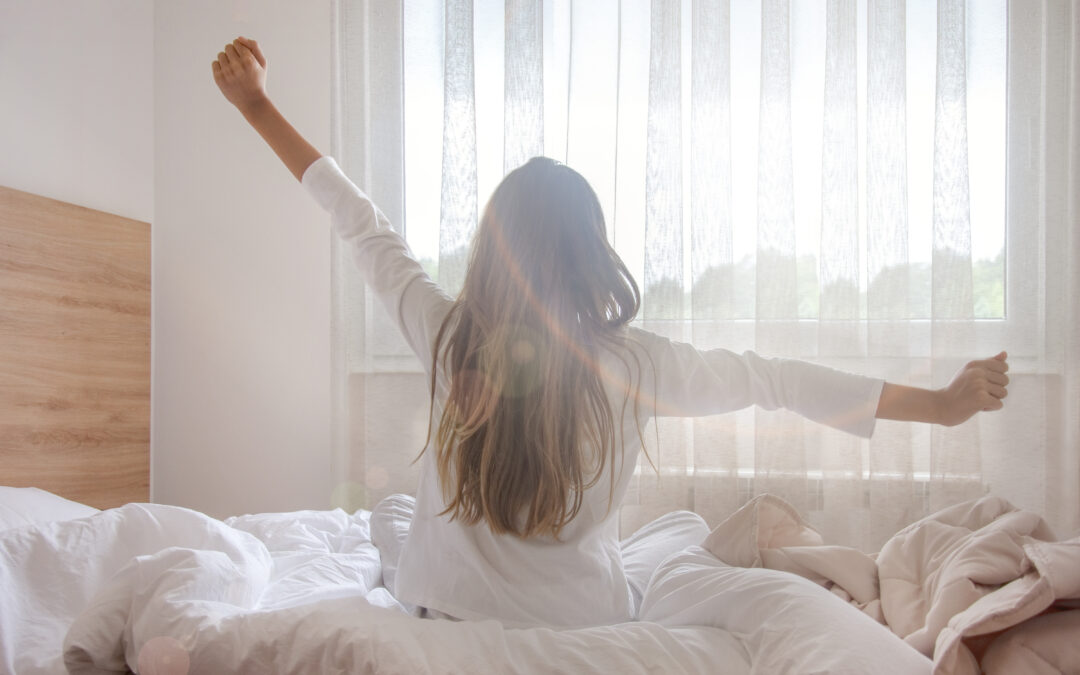
Jun 20, 2022 | Depression, Sleep and Gratitude, Sleep and Mental Health, Sleep tips
Gratitude is the anecdote to anxiety. Ever heard that? Do you believe it? When we focus on the good of it all, we balance out thoughts of fear, worry, and anxiety. In short, gratitude can boost neurotransmitter serotonin and activate the brain stem to produce...

Sep 8, 2021 | Sleep and Diet, Sleep and health, Sleep and Mental Health, Sleep Disorder
Is Lack of Sleep a Dementia Risk? If there is one thing we know by now, it’s that good sleep is essential to good health. We also know that lack of sleep is a significant risk factor for many developing chronic health conditions such as heart disease, diabetes,...

Sep 1, 2021 | Dreams, Insomnia, Relaxation, Sleep and health, Sleep and Mental Health, Sleep and women, Sleep Disorder
What Is the Circadian Rhythm? Sunrise, sunset. We’re naturally hard-wired to respond to the rising and setting of the sun—it’s how we evolved. The circadian rhythm is the 24-hour internal clock that’s always running in the background, responding to the natural changes...
Feb 15, 2019 | Sleep and Mental Health
By: Lauri Leadley, CCSH, RPSGT- Clinical Sleep Educator|Sleep Coach How much sleep does a person need? This is one question over which experts remain divided. Some people may need 6-7 hours of sleep while others might need 8-9 hours – different factors can influence...
Nov 30, 2017 | Depression, Sleep and Mental Health, Sleep and weather, Sleep Disorder, Sleep Facts
Seasonal Affective Disorder (SAD) is a mood disorder that can cause depression, extreme fatigue, and mood swings. SAD was originally recognized by the American Psychiatric Association in the late 1990s and affects 4 to 6 percent of people. For people with SAD, their...
Nov 13, 2017 | Insomnia, Sleep & Memory, Sleep and health, Sleep and Mental Health, Sleep Deprivation, Sleep Disorder, Sleep Facts, Sleep tips
Getting enough sleep is as important as clean air and plenty of food and water to our health and well-being. You need adequate sleep nightly to remain mentally sharp. Continued sleep deprivation and untreated sleep disorders can cause problems with memory, learning,...





